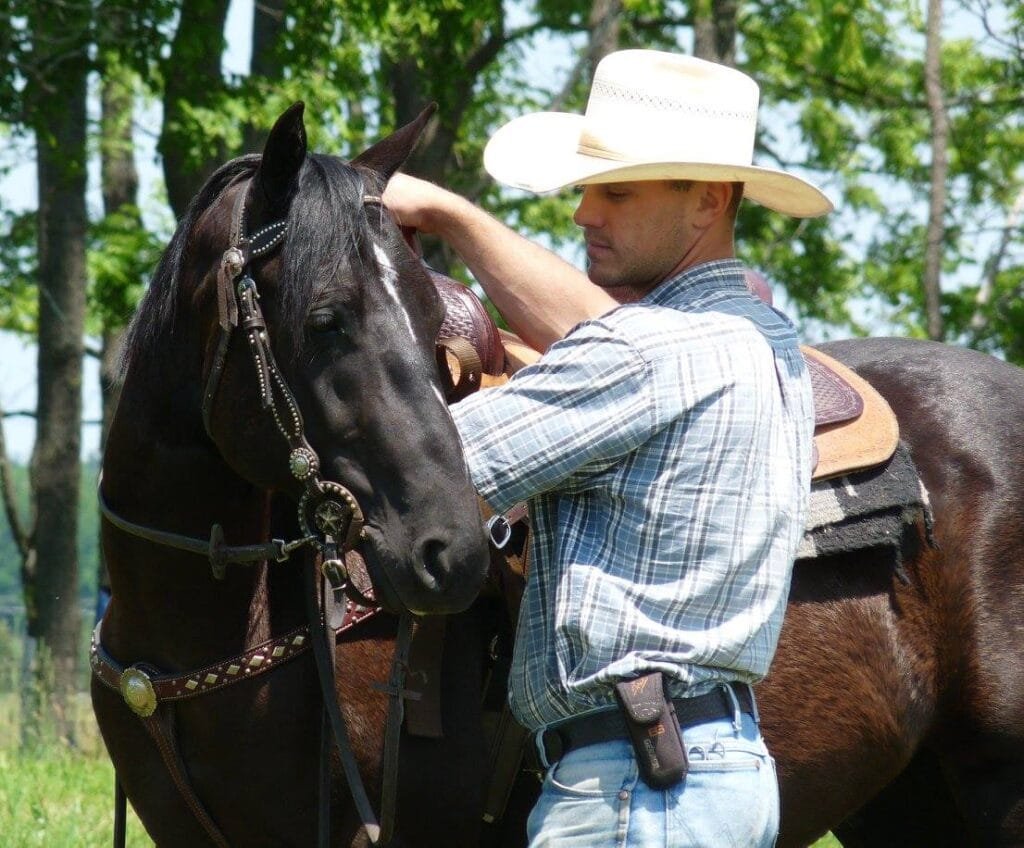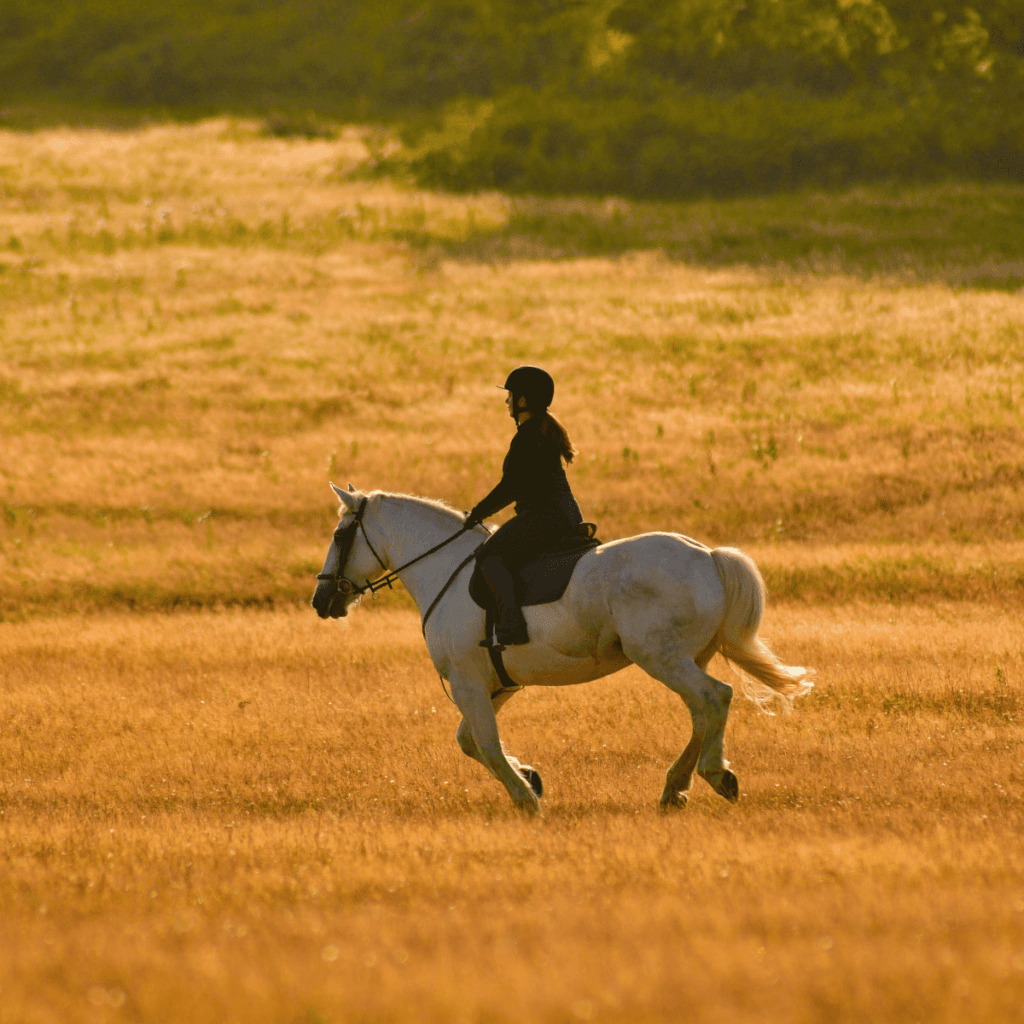The Benefits of Hiring a Professional Horse Trainer
When it comes to riding or training horses, there’s no substitute for expertise. Whether you’re a beginner, an intermediate rider, or an experienced equestrian, hiring a professional horse trainer can significantly improve your riding skills and your horse’s behavior.
1. Expertise and Experience
One of the most obvious benefits of hiring a professional horse trainer is their experience and knowledge. Professional trainers have spent years studying equine behavior, body language, and training techniques. They understand how horses think, learn, and respond to different stimuli, which allows them to work more effectively with your horse.
How it Helps:
- Professional trainers can identify subtle behavioral issues or training gaps that you might miss.
- They have the experience to apply effective, science-based training methods that help avoid common mistakes and misunderstandings in training.
- With their background in horsemanship, they can help improve not just the horse’s performance but also the rider’s position, timing, and communication.
A skilled trainer can break down complex tasks into manageable steps, ensuring that both horse and rider progress at the right pace.
2. Customized Training Plans
Every horse is unique, with its own temperament, learning style, and physical limitations. What works for one horse may not work for another. A professional trainer can assess your horse’s strengths and weaknesses and create a customized training plan tailored to their individual needs. This personalized approach ensures that your horse receives the right kind of training to reach its potential.
How it Helps:
- Trainers can work with your horse on specific issues, whether it’s improving its performance in competitions, addressing behavioral problems, or developing new skills.
- They tailor the training to the horse’s age, breed, and level of experience, making sure the training process is appropriate and effective.
- For riders, trainers can offer lessons that suit your current skill level, whether you’re learning basic riding techniques or preparing for advanced maneuvers.
Having a training plan designed specifically for your horse ensures faster progress and better results, as it targets areas of improvement in a focused and systematic way.
3. Problem-Solving for Behavioral Issues
Many horse owners encounter behavioral problems at some point. These can range from simple issues like a horse being hard to catch or lead, to more serious problems like bucking, rearing, or bolting during rides. A professional trainer can help address these behavioral issues using proven, humane methods.
How it Helps:
- Trainers are skilled in identifying the root causes of behavioral problems. Sometimes, poor behavior stems from fear, discomfort, or a lack of proper training rather than defiance.
- They use positive reinforcement and other ethical techniques to correct undesirable behaviors while building the horse’s confidence.
- Trainers also teach riders how to handle challenging situations and prevent issues from escalating in the future.
With a trainer’s expertise, you’ll be able to resolve issues more effectively and prevent them from becoming ingrained habits.
4. Building a Stronger Relationship with Your Horse
Training is not just about teaching a horse specific tasks or tricks; it’s about building trust and communication between the horse and rider. A professional trainer can help you develop a better understanding of your horse, teaching you how to communicate effectively and with respect.
How it Helps:
- Trainers focus on the relationship between horse and rider, emphasizing patience, consistency, and positive reinforcement.
- Through their guidance, riders can learn how to improve their body language, timing, and cues, making it easier for the horse to understand what is being asked of them.
- A strong, trusting relationship helps improve both the horse’s performance and the rider’s confidence.
When both you and your horse communicate clearly and trust each other, the partnership becomes stronger and more enjoyable.
5. Safety and Confidence
Training can be risky, especially if you’re attempting to teach a horse a new skill or correct dangerous behavior on your own. A professional trainer has the experience to handle potentially hazardous situations safely. Whether it’s an unpredictable young horse or a horse with a history of bolting or bucking, having a trainer guide you through these challenges reduces the risk of injury.
How it Helps:
- Trainers are skilled at managing both the physical and emotional safety of the horse and rider during training sessions.
- They know how to handle high-risk behaviors or situations that could cause harm to the horse or rider.
- By working with a professional, you can gain the confidence needed to tackle more advanced skills or challenges safely.
Knowing that an experienced trainer is guiding you through the process makes the training experience safer and less stressful for both you and your horse.
6. Saving Time and Avoiding Mistakes
Training a horse takes time, patience, and effort. Many novice riders, or even experienced owners, make mistakes that can set back progress or create bad habits. A professional trainer can help you avoid these common mistakes and accelerate your horse’s progress by implementing proven techniques from the start.
How it Helps:
- Trainers help riders avoid reinforcing bad habits, ensuring that the horse doesn’t learn undesirable behaviors.
- With their knowledge of correct techniques, trainers can avoid mistakes that might slow down or hinder the horse’s development.
- You’ll spend less time correcting issues later on because the training is being done right from the start.
By preventing mistakes and accelerating the training process, you save both time and frustration, allowing you and your horse to progress more efficiently.
7. Preparation for Competitions and Goals
If you have specific riding goals, such as competing in shows, dressage, or jumping events, a professional trainer can help you and your horse prepare for the demands of competition. Trainers can fine-tune your horse’s performance, address weaknesses, and build the confidence necessary to succeed in the ring.
How it Helps:
- Trainers understand what it takes to excel in competition and can design a training program that focuses on the skills required for success.
- They can help you prepare mentally and physically for competition, working on specific maneuvers, techniques, or even test conditions.
- Trainers can also provide advice on how to handle the pressure of competition and ensure that you and your horse are ready for the event.
Whether you’re competing for fun or aiming for high-level success, having a trainer can significantly improve your chances of achieving your goals.




